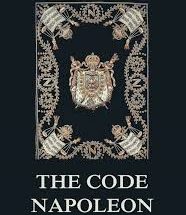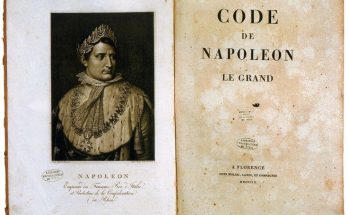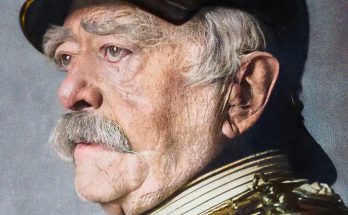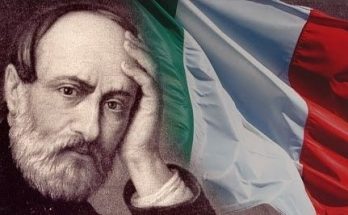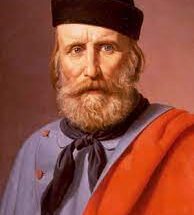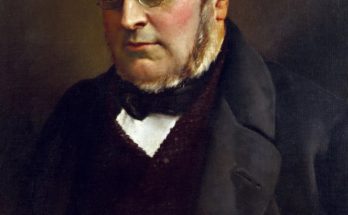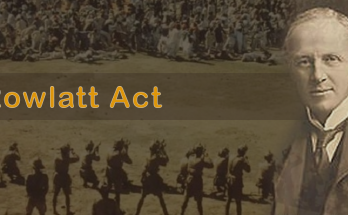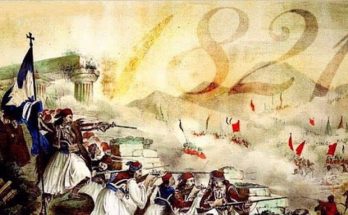
Greek War of Independence
The Greek War of Independence, a pivotal 19th-century event, liberated Greece from centuries of Ottoman rule. Fueled by nationalism, Enlightenment ideals, and Philhellenism, it culminated in the 1821 revolution led by figures like Kolokotronis and supported by international volunteers like Lord Byron. The subsequent Treaty of Constantinople birthed modern Greece, inspiring similar movements and igniting a cultural renaissance.
Greek War of Independence Read More